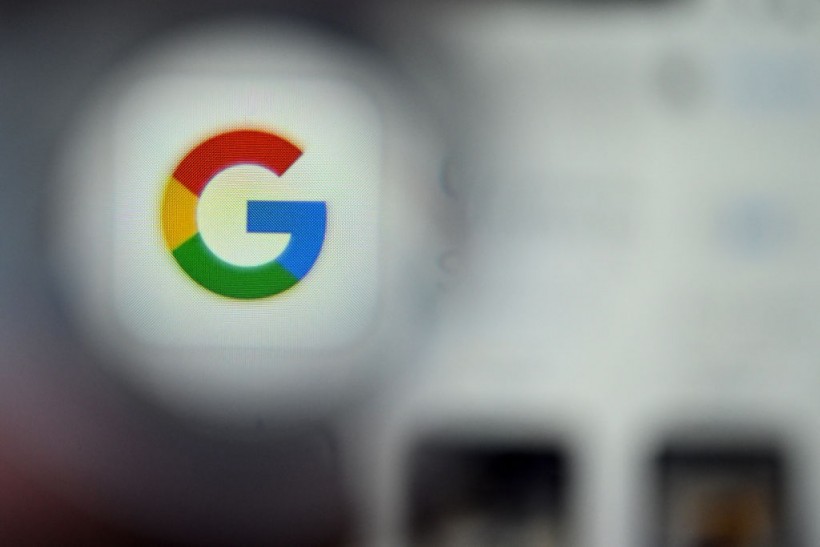Google has initiated the process of limiting third-party cookies for select users of its Chrome web browser.
According to AFP, this development marks the first step in the tech giant's declared intention to eventually phase out these cookies, which have long been a source of privacy concerns among internet users.

This illustration photograph taken on December 22, 2023, shows the logo of US multinational technology and Internet-related services company Google displayed on a smartphone's screen, in Frankfurt am Main, western Germany.
Google Eliminating Third-Party Cookies
The company announced its plans to eliminate third-party cookies in 2020, highlighting the growing emphasis on user privacy and the need to address the potential misuse of tracking technologies.
Google acknowledges that completely eliminating third-party cookies necessitates the approval of Britain's Competition and Markets Authority (CMA), which is currently examining the potential implications of such a move on other businesses.
As per Google's outlined strategy, the limitation of third-party cookies has commenced for one percent of Chrome users, serving as an initial phase for testing purposes.
The company plans to progressively extend this restriction to 100 percent of users starting from the third quarter of 2024. This phased approach allows Google to evaluate the impact and functionality of the limits while addressing potential challenges.
Third-party cookies are small files employed for targeted advertising through web navigation tracking, and they have become subject to increased regulatory scrutiny.
Regulations such as the European Union's General Data Protection Regulation (GDPR), implemented in 2016, and California's privacy regulations have contributed to the evolving landscape around data protection.
Google has been working on the Federated Learning of Cohorts (FLoC) system to offer an alternative to third-party cookies. Unlike tracking individual users, FLoC operates by categorizing users into audience segments known as cohorts, comprising hundreds or thousands of individuals with similar interests or behaviors.
This approach seeks to balance privacy concerns while enabling advertisers to target relevant audiences.
Read Also: Chrome Malware: Restores Cookies to Get Access to Your Google Account via API
Tracking Protection in Google Chrome
Anthony Chavez, VP of Privacy Sandbox at Google, emphasized the continuous commitment to enhancing web privacy through ongoing efforts. The introduction of Tracking Protection, a feature designed to limit cross-site tracking by default, represents a crucial step in the Privacy Sandbox initiative.
The phased approach allows developers to test their readiness for a web environment without third-party cookies. Google acknowledges the longstanding role of third-party cookies in supporting various online experiences, such as logins and personalized ads.
The company asserts that its approach to phasing out these cookies is responsible for offering new tools for sites that serve vital use cases and providing developers with a transition period.
Participants in the Tracking Protection feature are selected randomly, and those included will be notified upon opening Chrome on a desktop or Android. As users browse the web, third-party cookies will be restricted by default, minimizing the ability to track activities across different websites.
In cases where a site encounters functionality issues without third-party cookies, Chrome will prompt users with an option to temporarily re-enable them for that specific site. This approach aims to balance privacy and the seamless functioning of websites that rely on such cookies.
"As we work to make the web more private, we'll provide businesses with tools to succeed online so that high quality content remains freely accessible - whether that's news articles, videos, educational information, community sites or other forms of web content," Chavez wrote in a blog post.
Related Article: Google Settles Chrome Incognito Tracking Case, Lawsuit Asks for $5 Billion









